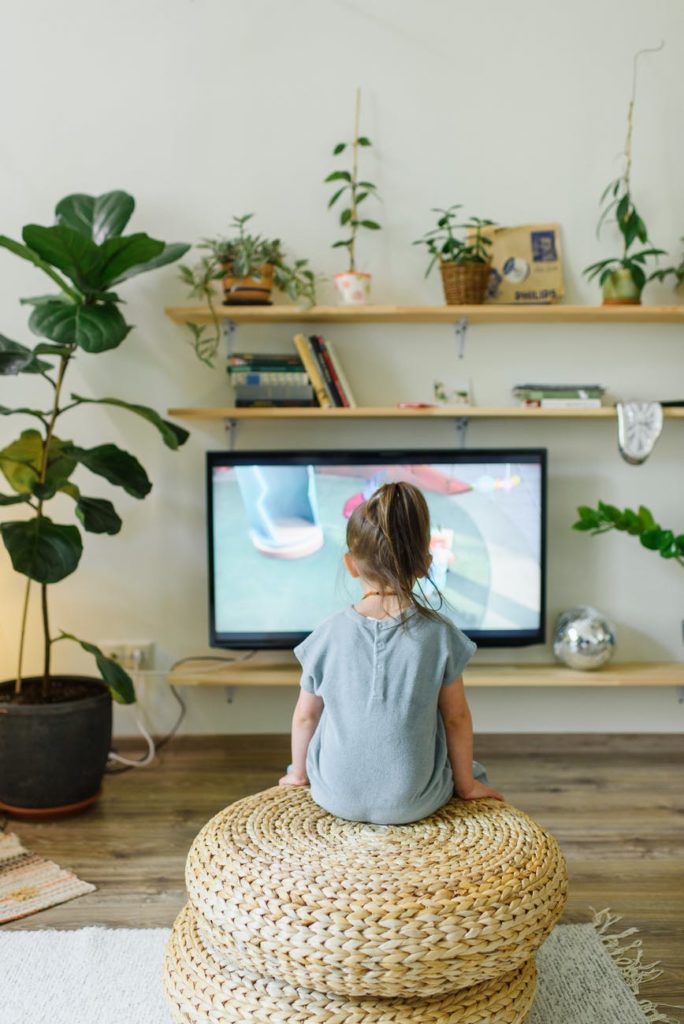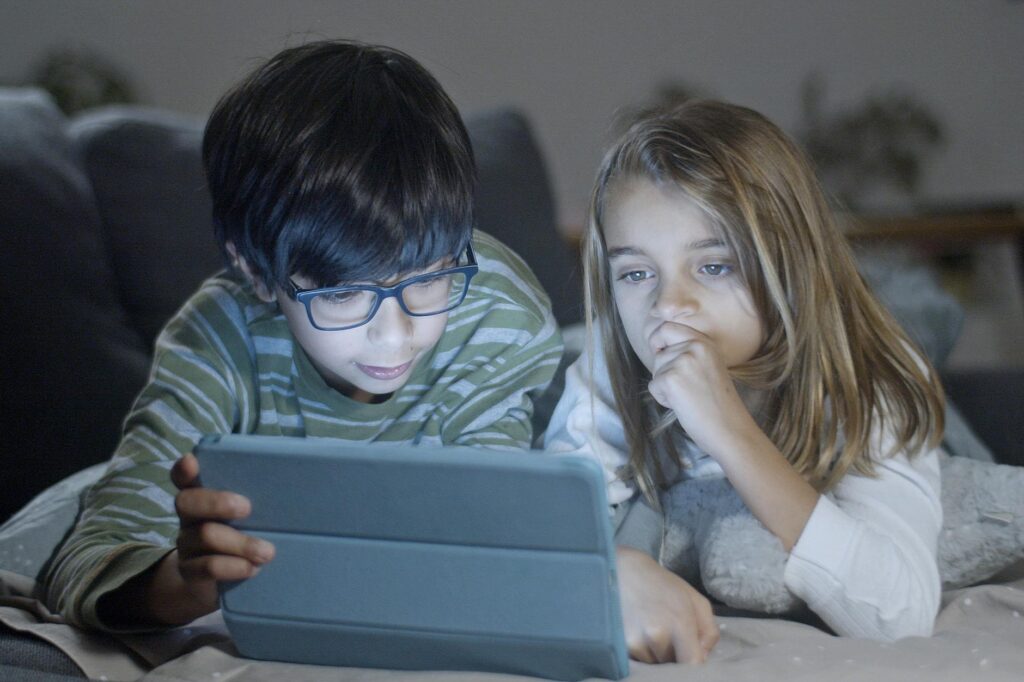My 4-year old has lately been quoting random facts to me. One day he said that if we placed a seashell at our ear, we could hear the ocean waves (True Fact BTW). When I asked him where he learned that, he told me he heard it on an episode of Peppa Pig. Another day, he said Japan is in Asia. And when I inquired where he learned that information, he told me it was from ‘Where’s Waldo?’. Another time he shared a random fact about an animal from The Lion Guard, and I was impressed.
Do you remember a time when you were young and watched a TV program that taught you something substantial? I remember watching Looney Tunes and Tom and Jerry back in my childhood, but I never associated watching TV with learning. This may not be true for everyone, and I would be curious to hear about your experiences. But times have certainly changed. We live in a world of screens, and it is inevitable for kids to be watching TV, far more than our generation did.
No matter the times, it is far too common to be judged when your child watches TV. So, the question is – Is it harmful to your child if they spend a great deal of time in front of screens? Does it matter what kind of programs they watch? And how can we be intentional about how long and what our kids watch?
Let’s tackle each of these questions here. There are two schools of thought on this subject – screen time is either bad for you or not. There is truth on both sides, and both come from a place of good intentions. It is a fact that when kids watch TV, their visual brain activity is close to nothing. Since TV does the job of creating mental images and connecting words to pictures, your brain has little work to do. It has been proven through research. (You can click here to read more and follow to find the comprehensive study). But this does not conclude that kids should not watch videos. It implies that if all they are doing is watching videos, their ability to develop early development skills for reading and language is slowed down.
We need to stimulate our kids in many ways.
- They need to exert themselves physically to strengthen their motor skills.
- They need to listen to quality literature to develop vocabulary and background knowledge
- They need to paint, draw, play imaginative games, build tall towers.
If we allow our kids screen time, we can certainly be intentional about it. The thing about offering some much-loved TV time is that it is harder to take it away. Setting boundaries around it is essential such as 30 min before bedtime or one hour on weekends. Once you have set limits on time, we need to set boundaries on what they watch. There are many useless TV programs that add no value to your child except for fun and laughter. I can think of 2 right of my head – Puppy Dog Pals and PJ Masks. But kids love these because it speaks to their childish heart. Other programs infuse intended and sometimes unexpected learning, such as PBS Kids TV or programs like ‘Where’s Waldo?’ In this program, Waldo and his twin Wenda go to many countries across the globe to find magical missing keys. Aside from the whimsical fun, you will journey with them and learn about that country, its culture, language, traditions, unique habitats, etc.
If we are intentional about what books our kids read, why not what programs they watch? When there is an expansive list of fun and educational programs to choose from, why not pick those instead? Your kid will remember those random facts and someday be grateful to be exposed to quality TV.



